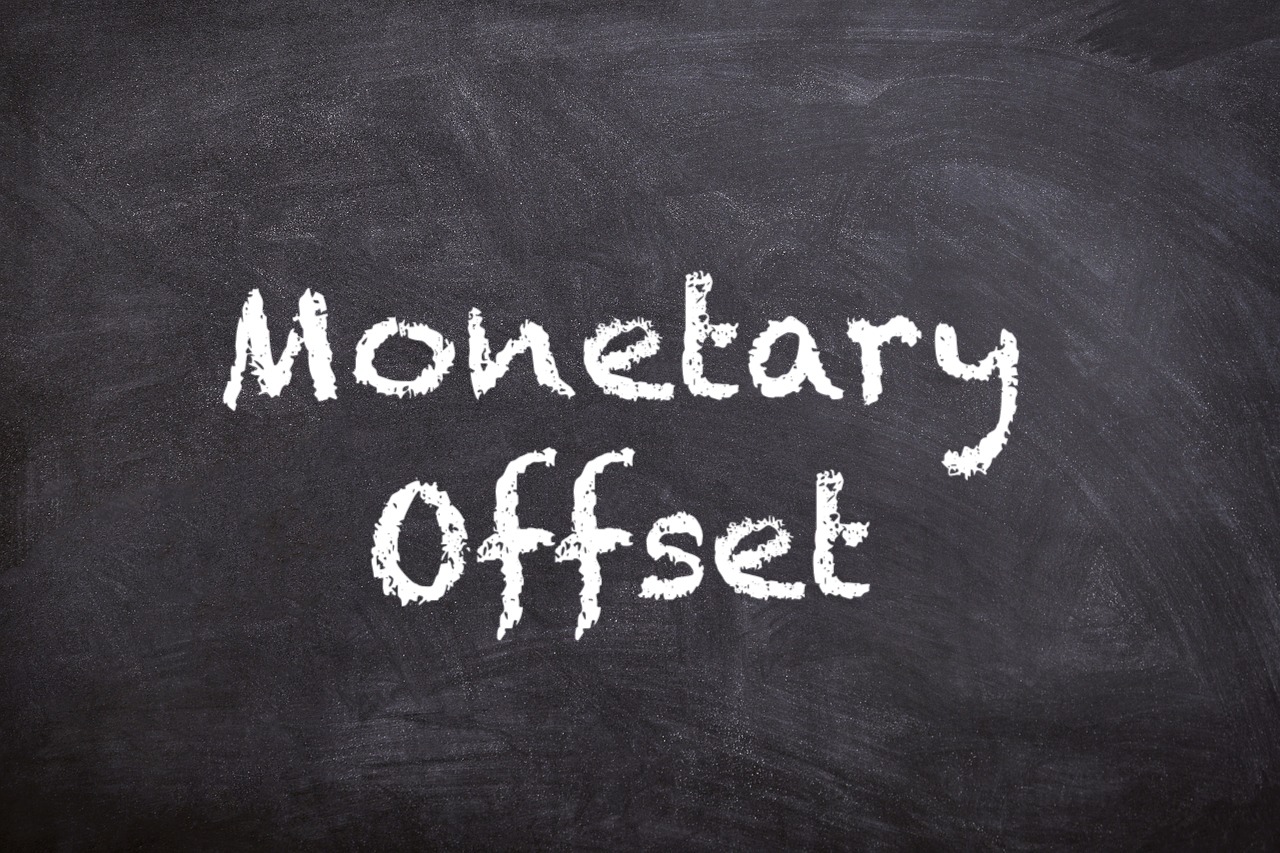Lesson Learned
Last week, the U.S. Treasury Department released its latest projections for the U.S. Federal Deficit. The deficit is expected to exceed $1 trillion in 2018 and remain above the trillion-dollar threshold through 2020. Will deficit spending boost economic activity?
Few economists have been as dovish on deficit spending over the past decade as Paul Krugman. Yet, with unemployment at only 4.1 percent and inflation projections starting to drift above the Fed’s two-percent target, even Krugman has his doubts. In a recent column, Krugman argues that the Trump administration’s higher deficits are “hugely irresponsible” and shouldn’t be expected to provide much of a boost to total spending. With the economy at full employment, higher deficits will drive up the natural rate of interest, crowding out any private spending lower taxes or greater public spending might encourage. To prevent inflation from increasing, the Fed will have no choice but to follow rates up.
The idea that prudent monetary policy will offset overly-expansionary fiscal policy is not so controversial to macroeconomists. What is controversial, apparently, is the idea that monetary policy might offset contractionary fiscal policy, as well.
Scott Sumner has spent much of the past decade critiquing Krugman and others for arguing that the so-called austerity programs implemented in the United States and Europe would have catastrophic effects on their already fragile recoveries. As he pointed out, contractionary fiscal policy will be offset by expansionary monetary policy so long as the Fed is doing its job.
Sumner’s predictions have been vindicated. The sequester, which Krugman thought imprudent for “a weak economy that is recovering far too slowly from the recession that began in 2007,” seems to have had no effect on the economy. Monetary policy operated like the cruise control on your car going up a slight hill. It accelerated money growth ever so slightly to counteract the slowing effects of the gradual incline. As such, total spending stayed more or less on track.
In short, so long as the Fed has the tools and determination to hit its inflation target (or, better yet, a nominal spending level target), we need not worry about the short term consequences of fiscal policy. Instead, we might think about the long term consequences. Is the government spending producing valuable goods and services or wasting resources? Is it raising the requisite revenues in the least distortionary way?
Krugman and other austerity scolds might’ve never given an official mea culpa for their bad predictions over the past half decade or so (even if they have quietly admitted as much). But it is nice to see they have rediscovered the power of monetary policy—and the corresponding impotence of fiscal policy when monetary policy is conducted well. It’s an important lesson to learn. Let’s hope they remember it when the next recession comes along.











